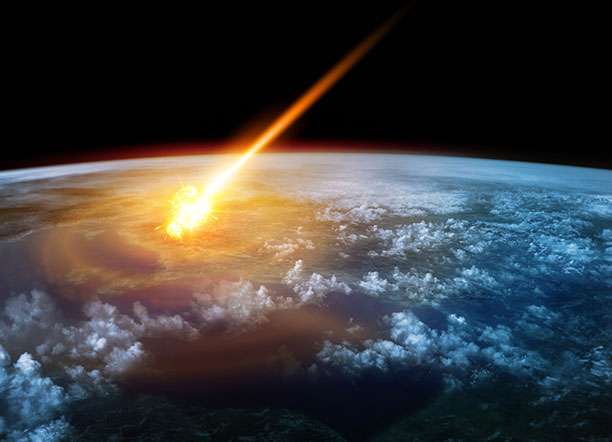Welcome to Learn to Astronomy! In this article, we will explore the fascinating question: can comets enter Earth’s atmosphere? Join us as we delve into the intriguing world of these celestial wanderers and uncover the mysteries surrounding their potential encounters with our planet.
Comets: Spectacular Visitors from Space and Their Potential Entry into Earth’s Atmosphere
Comets are spectacular visitors from space that captivate both professional astronomers and amateur stargazers alike. These icy bodies, often referred to as “dirty snowballs,” originate from the outer regions of our solar system and follow highly elliptical orbits. As they approach the Sun, the heat causes the ices within the comet to vaporize, creating a bright glowing coma and an iconic tail.
The potential entry of comets into Earth’s atmosphere is a fascinating topic within the field of astronomy. Although rare, cometary impacts have occurred in the past and have left significant marks on our planet’s geological history. One notable example is the well-known Chicxulub impact event, believed to be responsible for the extinction of dinosaurs. Understanding the nature and behavior of comets is crucial for assessing the potential risks they may pose to Earth in the future.
Scientists closely monitor comets using various telescopes and spacecraft to study their composition, structure, and behavior. By analyzing the gases emitted by comets, researchers gain important insights into the early stages of our solar system’s formation. Additionally, the study of cometary tails provides valuable information about how solar wind and radiation interact with planetary atmospheres.
Furthermore, comets are considered celestial time capsules since their pristine material can provide clues about the early conditions of the solar nebula. These icy remnants contain organic molecules, amino acids, and even water ice, which raises questions about the role of comets in delivering the building blocks of life to Earth.
In recent years, several spacecraft missions, such as NASA’s Stardust and European Space Agency’s Rosetta, have rendezvoused with comets. These missions have provided significant advancements in our understanding of comets, their surfaces, and their complex structures.
In conclusion, comets are stunning cosmic visitors that offer insights into the formation of our solar system and the potential hazards they may pose to Earth. The ongoing study of comets is essential for expanding our knowledge of the universe and the origins of life itself.
Michio Kaku Announces SERIOUS WARNING That Something Massive Is Headed Towards Earth!
[arve url=”https://www.youtube.com/embed/tVBeIs1vTG0″/]
5 Recently Declassified Nuclear Test Videos
[arve url=”https://www.youtube.com/embed/aTGNPiBGzpE”/]
Frequent questions
In conclusion, the possibility of comets entering Earth’s atmosphere is a fascinating topic within the field of Astronomy. While the chances of this happening are relatively low, it is not impossible.
The celestial bodies that do manage to make their way into our atmosphere provide scientists with invaluable opportunities to study the composition and origins of comets. Through careful observation and analysis, astronomers can gain insights into the formation of our solar system and the conditions that led to the creation of these enigmatic objects.
By studying comets that enter Earth’s atmosphere, scientists can unlock important clues about the origins of life on our planet and potentially even shed light on the possibility of life elsewhere in the universe. As technology advances and our understanding of comets deepens, the prospects for future discoveries and exciting revelations about these cosmic visitors continue to expand. We eagerly await the next comet that graces our skies, allowing us to catch a glimpse of the wonders of our universe.

